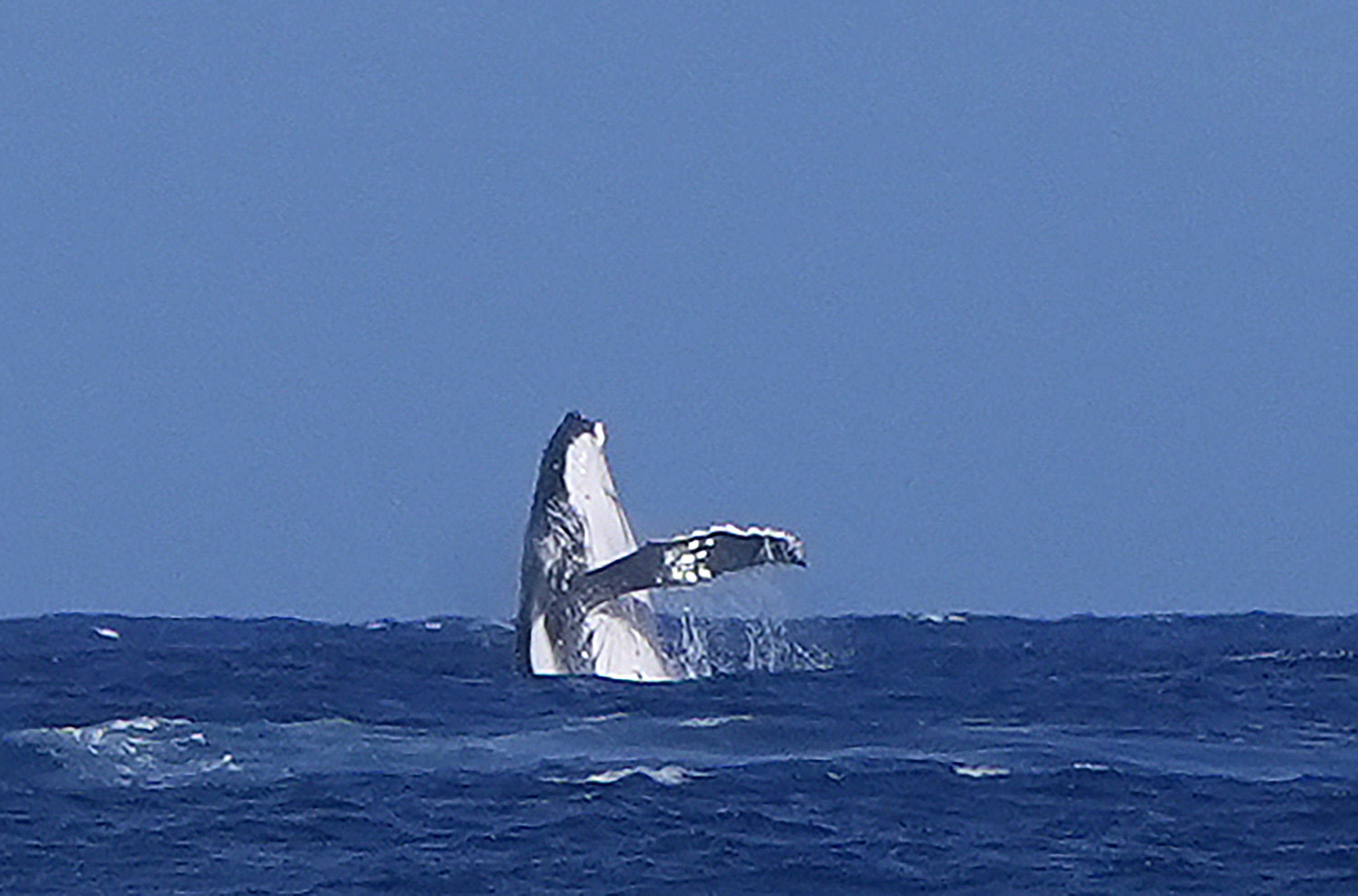Humpback whales undertake some of the longest known migrations of any mammal, but the one recently documented in the journal 'Royal Society Open Science' has set a record. A group of scientists has documented a migration of an adult male of this species of over 13,000 kilometers, from the coasts of Colombia in the Pacific Ocean, to the waters of Zanzibar in the Indian Ocean.
The astonishing journey was carried out by this humpback whale between 2013 and 2022, during which it was photographed in both seas, considered breeding and feeding grounds for the species. On July 10, 2013, this adult was part of a group that included seven humpback whales in the Tribugá Gulf, in northern Colombian Pacific. The same individual was sighted again five years later, on August 13, 2017, in Bahía Solano, approximately 78 km from the 2013 sighting location. The most recent sighting took place off Fumba in the Zanzibar Channel, southwest of the Indian Ocean, on August 22, 2022.
Researchers have been surprised not only by the distance between the two sighting points, 13,046 kilometers, but also by the 120º degrees of longitude that separate them. The movements of this species usually occur more transversely and less longitudinally.
The reasons for this epic journey are not clear, although two main candidates are: feeding or mating. These are usually the reasons why these imposing animals travel great distances.
One of these reasons, feeding, leads researchers to wonder if climate change has had anything to do with this whale's journey. The preferred food of these cetaceans, anchovy fry, herring and sardines, and krill, a tiny crustacean, are changing their habits due to changes in water temperature. This fact may also be altering the behavior of humpback whales in order to adapt and continue to fish for their favorite prey.
Ekaterina Kalashnikova, lead author of the article and member of the Tanzania Cetacean Program, said the feat was "truly impressive and unusual even for this highly migratory species." "While the real reasons are unknown, among the causes of this impressive migration could be global climate changes, extreme environmental events (which are more frequent today), and evolutionary mechanisms of the species."
